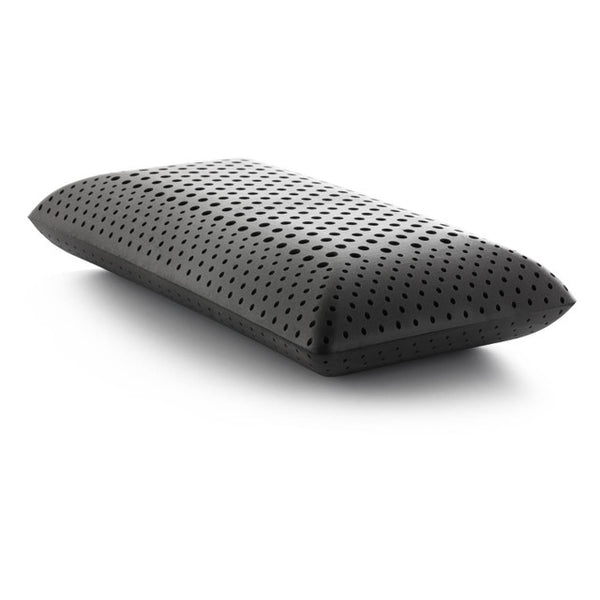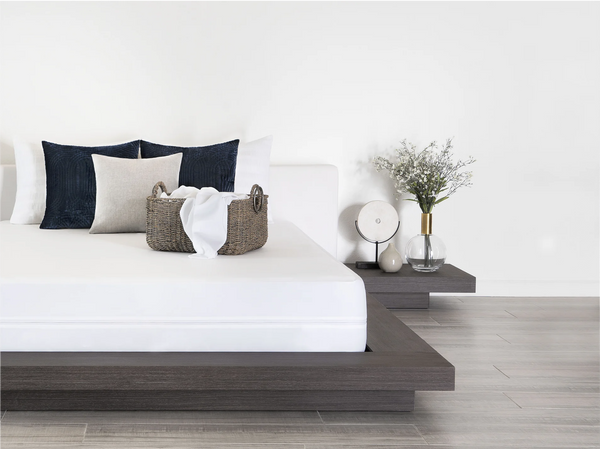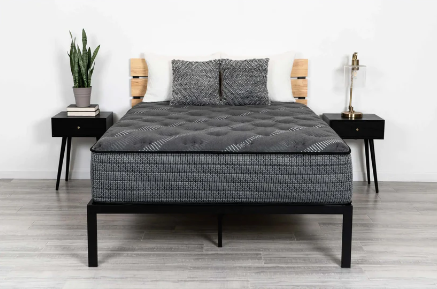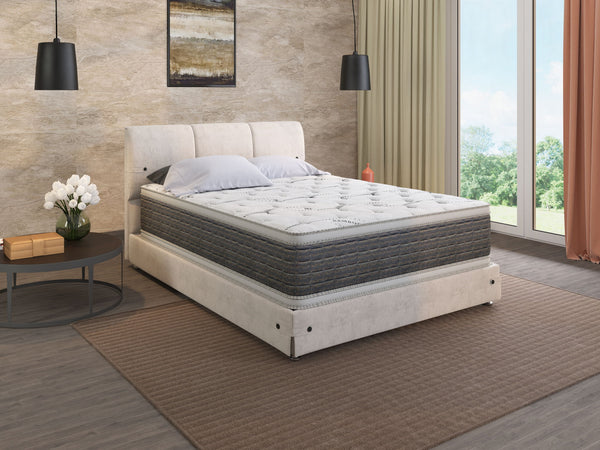
Are you feeling irritable, moody, or just plain off? It might not be what you think. Many people overlook one critical factor that could be deeply influencing their emotional well-being—your mattress. Yes, the mattress you sleep on every night could be playing a significant role in how you feel throughout the day. If you're curious about how your sleep environment can impact your mood, continue reading this insightful exploration into the connection between mattresses and emotional health.
The Science of Sleep and Mood
Before diving into the specifics of mattresses, it’s essential to understand the profound link between sleep and mood. Sleep is not just a time for rest; it's a crucial period for your body and mind to repair and rejuvenate. Research indicates that adequate and quality sleep can help regulate mood, enhance emotional resilience, and improve mental clarity. On the flip side, poor sleep—compounded by an unsuitable mattress—can lead to various mood disorders, including anxiety and depression.
Sleep Disorders and Their Mood Impact
Conditions such as insomnia or sleep apnea are notorious for disrupting sleep patterns. However, even subtle disruptions caused by inappropriate sleep surfaces can have cumulative effects on your overall health and mood. Studies reveal that inadequate sleep can result in:
- Increased stress levels
- Lower tolerance to frustration
- Greater susceptibility to emotional disturbances
- Increased risk of chronic anxiety
How Your Mattress Choices Matter
Your mattress is more than just a place to sleep; it’s a vital component of your sleep hygiene. The comfort or discomfort provided by your mattress can significantly impact how well you sleep and, subsequently, how you feel when you wake up. Here are some factors to consider when evaluating your mattress’s impact on your mood:
Support and Alignment
A mattress that doesn’t support your body properly can lead to poor spine alignment. When your spine is not aligned, it can cause discomfort, nagging pain, and even insomnia. Over time, the discomfort can result in recurring sleep disturbances. When you wake up feeling exhausted and in pain, your mood can take a significant hit. Thus, a mattress that supports your natural alignment is integral for both sound sleep and emotional balance.
Material Matters
Different mattress materials cater to various sleep styles. Memory foam, latex, and hybrid mattresses all provide unique benefits. For instance, memory foam is known for its contouring properties, while latex offers buoyancy and support. Understanding your sleep needs and preferences can help you choose a mattress that fosters restful sleep and, in turn, enhances your mood. Here’s how materials can affect sleep:
- Memory Foam: Reduces motion transfer, ideal for couples.
- Latex: Offers breathability, which helps regulate body temperature, contributing to a more restful night.
- Innerspring: Provides bounce, making it easier to move around but can be less effective in minimizing pressure points.
The Impact of Sleep Surface Temperature
Temperature regulation plays a critical role in your sleep quality. Overheating during the night can lead to fatigue and irritability. This is where the materials of your mattress can make a significant difference. Breathable materials can help dissipate heat, allowing for a more comfortable sleep environment that positively influences your mood.
Customized Comfort Levels
The level of firmness or softness can also heavily influence how refreshed you feel in the morning. A too-soft or too-firm mattress can lead to tossing and turning during the night, preventing you from reaching the deeper, more restorative levels of sleep. Adequate comfort that matches your sleep style—whether you are a side, back, or stomach sleeper—can lead not only to better quality sleep but to improved mood states as well.
The Psychological Connection
Interestingly, the quality and comfort of your mattress can impact your psyche beyond physical health. If you invest in a high-quality mattress, your subconscious might associate it with self-care and comfort, leading to a more positive mental state. The act of prioritizing your sleep environment translates to an intentional focus on your overall well-being.
Creating a Sleep Sanctuary
A mattress isn't the only participant in your sleep experience. The broader atmosphere of your bedroom profoundly affects mood and sleep quality. Here are a few tips for enhancing your sleep sanctuary:
- Declutter: A tidy space contributes to a peaceful mind.
- Lighting: Soft, ambient light helps cue your body for sleep.
- Color Scheme: Calming colors can promote relaxation and tranquility.
- Noise Control: Consider white noise machines or earplugs to minimize disruptions.
When to Replace Your Mattress
Knowing when to replace your mattress is crucial for maintaining optimal sleep quality and mood regulation. Here are signs that it may be time for a new one:
- The mattress is over seven years old.
- You wake up with stiffness or pain.
- Your sleep quality has diminished over time.
- Visible signs of wear, such as sagging or lumps.
Sleep Hygiene Matters
While having the right mattress is essential, it's also necessary to practice good sleep hygiene. Here are some quick tips to enhance your sleeping experience:
- Establish a consistent sleep schedule.
- Avoid caffeine and heavy meals close to bedtime.
- Incorporate a relaxing bedtime routine.
- Limit screen time before bed to avoid blue light exposure.
Sleep and Mental Health: A Two-way Street
The relationship between sleep, mood, and mental health is a dynamic one. Not only can a poor mattress affect your mood, but conversely, mental health issues can impact sleep quality. Conditions like anxiety and depression can lead to insomnia or disrupted sleep, setting off an unfortunate cycle. Recognizing the importance of assessing all aspects of sleep, from mattress to mental well-being, is critical.
Seeking Professional Help
If you're continually experiencing mood swings despite having a supportive mattress and good sleep hygiene practices, it may be worth consulting a healthcare professional. Mental health is a complex tapestry of emotional, psychological, and physiological factors, and sometimes expert guidance is necessary to find balance.
Your Path to a Happier Mood
Your mattress may be an unassuming player in the complex interplay of mood regulation, but it can have far-reaching effects on your day-to-day feelings. By investing in a supportive, comfortable mattress and enhancing your sleep environment, you take active steps toward better emotional well-being. Remember that prioritizing your sleep hygiene is not just about rest—it's about nurturing a healthier, happier you.
Take a moment to reflect on your sleep experience. Is it time to evaluate your mattress and ensure it's supporting you the way it should? Your mood may depend on it! Your journey toward a more positive mood starts with the right decisions today.









